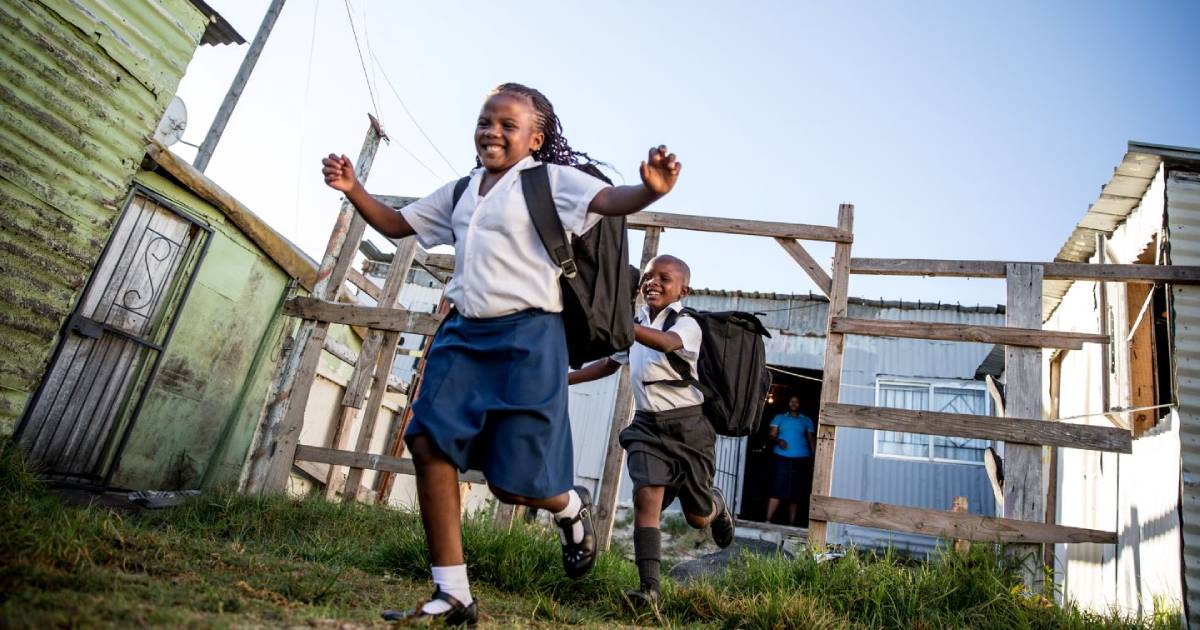The Millennium Challenge Corporation (MCC) sponsored the Threshold Program in Niger, which was intended to reduce corruption; register more businesses; promote land titling; and increase girls’ school enrollment, attendance, and completion rates. This ambitious effort involved training civil servants to conduct audits and handle public procurement projects, establish “one-stop centers” to provide technical assistance to businesses, develop awareness-raising campaigns to encourage communities to take advantage of land reform, and construct schools. Mathematica was chosen to design and conduct a rigorous evaluation of these activities to determine their ultimate impact on both intermediate and long-term outcomes. However, due to political events that were inconsistent with MCC goals, the program was suspended on December 31, 2009. Only the component to promote girl’s education had been carried out.
The Millennium Challenge Corporation (MCC) sponsored the Threshold Program in Niger, which was intended to reduce corruption; register more businesses; promote land titling; and increase girls’ school enrollment, attendance, and completion rates. This ambitious effort involved training civil servants to conduct audits and handle public procurement projects, establish “one-stop centers” to provide technical assistance to businesses, develop awareness-raising campaigns to encourage communities to take advantage of land reform, and construct schools. Mathematica was chosen to design and conduct a rigorous evaluation of these activities to determine their ultimate impact on both intermediate and long-term outcomes. However, due to political events that were inconsistent with MCC goals, the program was suspended on December 31, 2009. Only the component to promote girl’s education had been carried out.
Mathematica designed a rigorous and timely evaluation of the girl’s education component called the Improve the Education of Girls in Niger (IMAGINE) program, and conducted the evaluation in 2011. The girls’ education component consisted of a wide range of activities including conducting public awareness campaigns, implementing local action plans, providing tutoring and training, providing incentives for school-age girls and female teachers, and constructing classrooms and latrines. Taking into account the early termination of the program, the evaluation of this component attempted to answer three main research questions:
- Does the combination of education program activities increase girls’ primary school enrollment rates?
- Do program activities increase girls’ school attendance?
- Does the program increase the likelihood that girls complete their primary school education?
Mathematica used a random assignment research design to estimate the impact of the package of interventions and conducted an independent data collection by surveying households and schools on education in villages throughout the country. The random assignment design compared the treatment communities to the control communities that were not selected for interventions. Mathematica oversaw data collection in 181 villages throughout Niger and administered surveys to 6,971 households and 16,351 primary-school-aged children.
Overall, the evaluation revealed that the IMAGINE program increased enrollment but had little impact on attendance or test scores after one year. The overall impact results mask important differences between boys and girls, however. While the impacts for boys were close to zero and not statistically significant, the impacts for girls on enrollment and attendance were statistically significant.
However, three years after the new schools were built, Mathematica conducted a long term evaluation of IMAGINE using the same design. IMAGINE raised primary school enrollment by 8.3 percentage points during the 2012–2013 school year, decreased absences of more than two consecutive weeks by 7.9 percentage points during the same year, had a 0.13 standard deviation impact on math test scores, and had no impact on overall French test scores. These impacts were driven largely by IMAGINE’s impacts on girls. The impacts on girls’ enrollment, absenteeism, and test scores were significantly larger than the impacts on boys. The increase in impact over time suggest that it may take more than one year for this type of program to improve educational outcomes in Niger.




